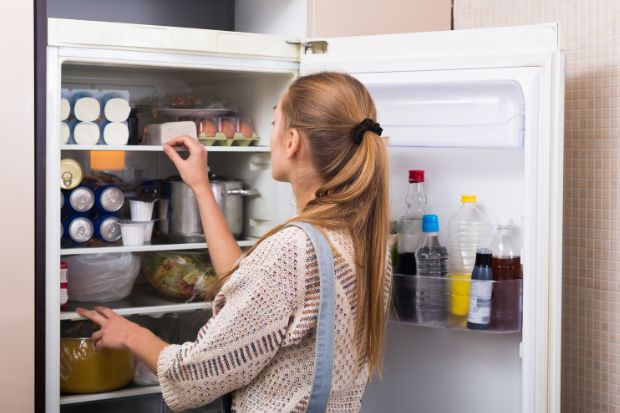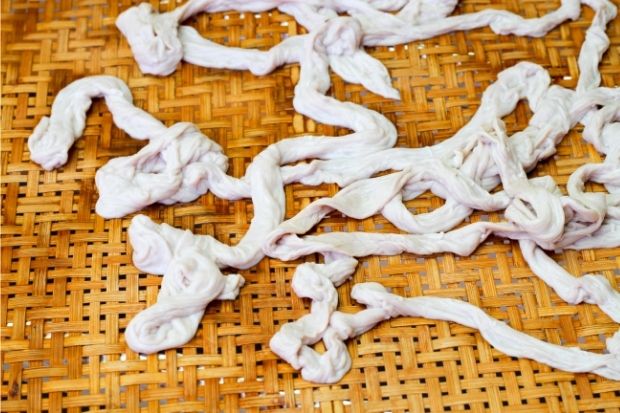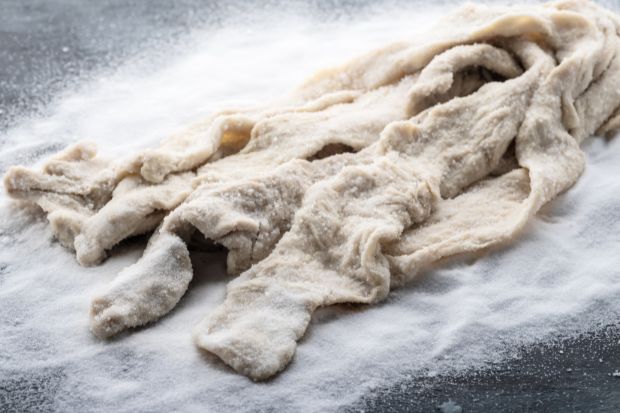Sausage casings go bad if they are natural casings and if they are not stored the right way. Like any other natural ingredient, sausage casings will also degrade over time. It is also important to note that certain types of casings naturally have a strong smell, but that doesn’t always mean that they have gone bad.
Refrigerating Sausage Casings

If you regularly make sausages at home, you may have extra casings on hand. It is possible to make sausage casings last for two years when they’re stored correctly.
Casings should be stored in the refrigerator. When left at room temperature, sausage casings go bad quite quickly. Unlike other food items, storing them in the freezer is also not ideal. The colder temperatures of freezers can damage casings and make them unusable in the future.
Storage Tips for Casings

Salt is very effective at increasing the shelf life of sausage casings. Salt has been used for the preservation of meats and vegetables for centuries and it is helpful even for casings. To store the casings, simply pack them with enough salt to cover them completely before storing them in the refrigerator. If you choose to store them outside the refrigerator, make sure they are stored away from the sunlight in a dark, cool place. Use non-iodized or kosher salt to pack casings to avoid any metallic taste.
Using a brine solution is the best option if you have a large batch of casings. Place the casings in large vacuum-sealable bags and pour in the brine solution. Vacuum-seal the bags to keep them airtight (you’ll have to be careful not to let the brine solution get drawn out of the bag when you do this) and store them in the refrigerator. If you are storing for longer, the brine solution must be changed every three months.
Whether you use brine or dry salt for packing, remember to rinse off the sausage casings well before using them.
Depending on how long you want to store sausage casings, you can either store them directly in the refrigerator or pack them in dry salt or brine to extend their shelf life. As long as they are not exposed to extreme temperatures, they hold up quite well for up to two years.
If you plan to make sausages regularly, investing in a vacuum sealer is also a good idea.
Improper sausage casing storage is the main reason why sausage casings go bad. With the tips we discussed above, you can rest assured that you will not have to deal with any spoiled casings.
If your sausage casings end up being too tough, see our explanation for how that happens and how to prevent it.
And if your casings ever go bad in the future, you can still make sausage either skinless or with nontraditional casings.
